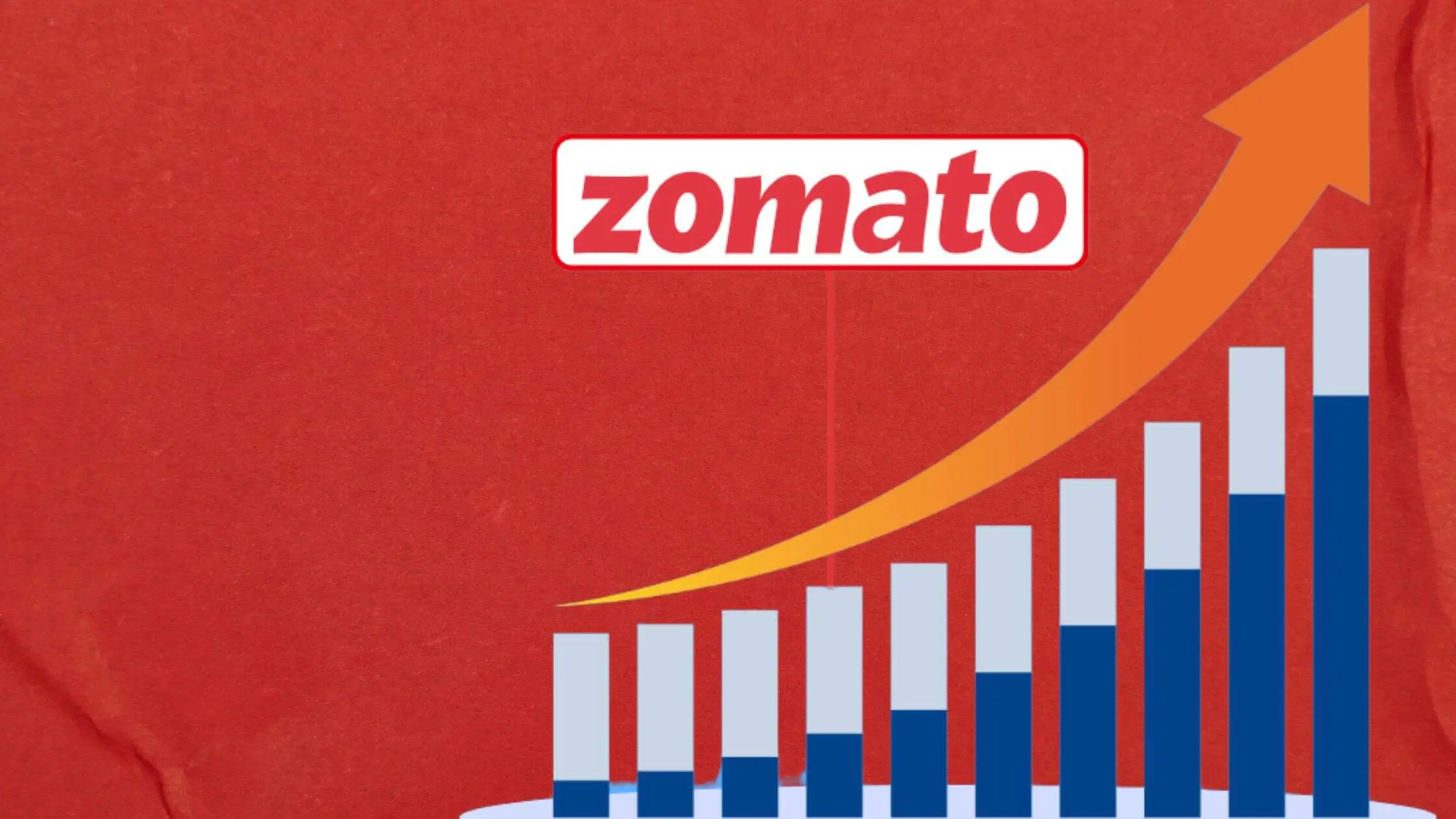On May 15, 2024, Zomato’s share price reached ₹192.5, up 3% from the previous trading session. The stock opened at ₹193.00 and fluctuated from ₹182.10 to ₹193.45 throughout the day. Notably, the trading volume was high, with 29.4 million shares moved between the NSE and BSE. This upward trend in Zomato’s share price implies strong market activity and may represent investor confidence in the company’s current and future prospects.
Zomato’s Market Cap Stands at ₹165,329 Crore
Zomato, a renowned food delivery company, has a market capitalization of around ₹165,329 crore as of May 15, 2024. The company’s great financial performance is demonstrated by its price-to-earnings (P/E) ratio of 471 and price-to-book (P/B) ratio of 8.1. Zomato’s success is strengthened by its dedicated team of over 5000 workers, who make important contributions to the company’s operational efficiency and expansion.
Zomato’s Stock Price to Reach 943 by 2029
WalletInvestor forecasts Zomato’s share price to reach ₹943.631 by May 11, 2029. The projection indicates a consistent upward trend in Zomato’s stock price over the next five years, implying a positive prognosis for the company’s future performance. Monthly predictions indicate Zomato’s stock price will rise from ₹202 in June 2024 to ₹301 by December 2024, supporting this bullish outlook. This long-term estimate predicts that Zomato’s growth tactics and market positioning will result in considerable share price increase over the next several years, giving it an appealing investment prospect for long-term investors.
Analysts Expect Zomato’s Share Price to Double in the Next Year
Analysts are bullish about Zomato’s future success, predicting that the company’s share price would double within the next year. This optimistic prognosis is reinforced by Zomato’s strong market position, growth strategy, and general good opinion toward the company’s shares. Analysts predict a positive trajectory for Zomato’s share price, demonstrating confidence in the company’s capacity to deliver value to investors while capitalizing on growth prospects in the online meal delivery market.
Key Stakeholders in Zomato
Zomato’s primary stakeholders include staff, consumers, suppliers and vendors, food merchants, delivery partners, shareholders and financial service providers, regulatory and government authorities, non-governmental organizations (NGOs), media, and communities. These stakeholders are classified according to their direct or indirect reliance on Zomato’s activities, products, or services, as well as the company’s obligations to them. Zomato encourages stakeholder interaction through a variety of channels, including employee newsletters, customer service support, supplier events, and yearly shareholder meetings, to mention a few.








